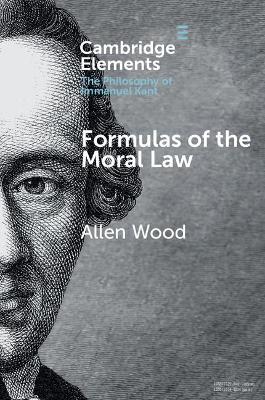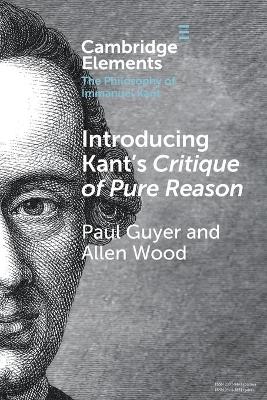Elements in the Philosophy of Immanuel Kant
2 total works
This Element defends a reading of Kant's formulas of the moral law in Groundwork of the Metaphysics of Morals. It disputes a long tradition concerning what the first formula (Universal Law/Law of Nature) attempts to do. The Element also expounds the Formulas of Humanity, Autonomy and the Realm of Ends, arguing that it is only the Formula of Humanity from which Kant derives general duties, and that it is only the third formula (Autonomy/Realm of Ends) that represents a complete and definitive statement of the moral principle as Kant derives it in the Groundwork. The Element also disputes the claim that the various formulas are 'equivalent', arguing that this claim is either false or else nonsensical because it is grounded on a false premise about what Kant thinks a moral principle is for.
This Element surveys the place of the Critique of Pure Reason in Kant's overall philosophical project and describes and analyzes the main arguments of the work. It also surveys the developments in Kant's thought that led to the first critique, and provides an account of the genesis of the book during the 'silent decade' of its composition in the 1770s based on Kant's handwritten notes from the period.

